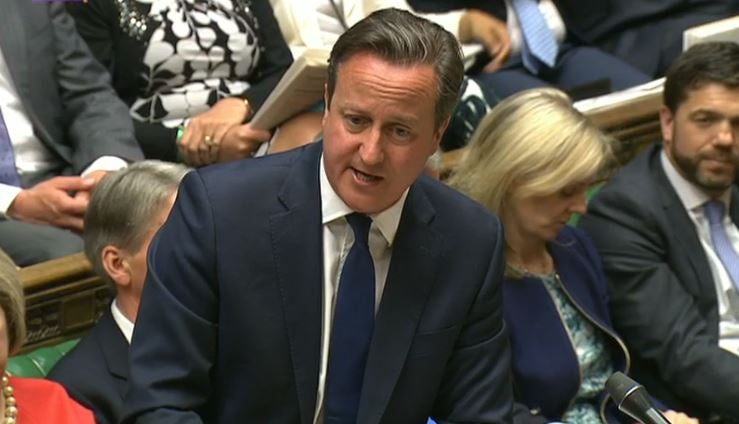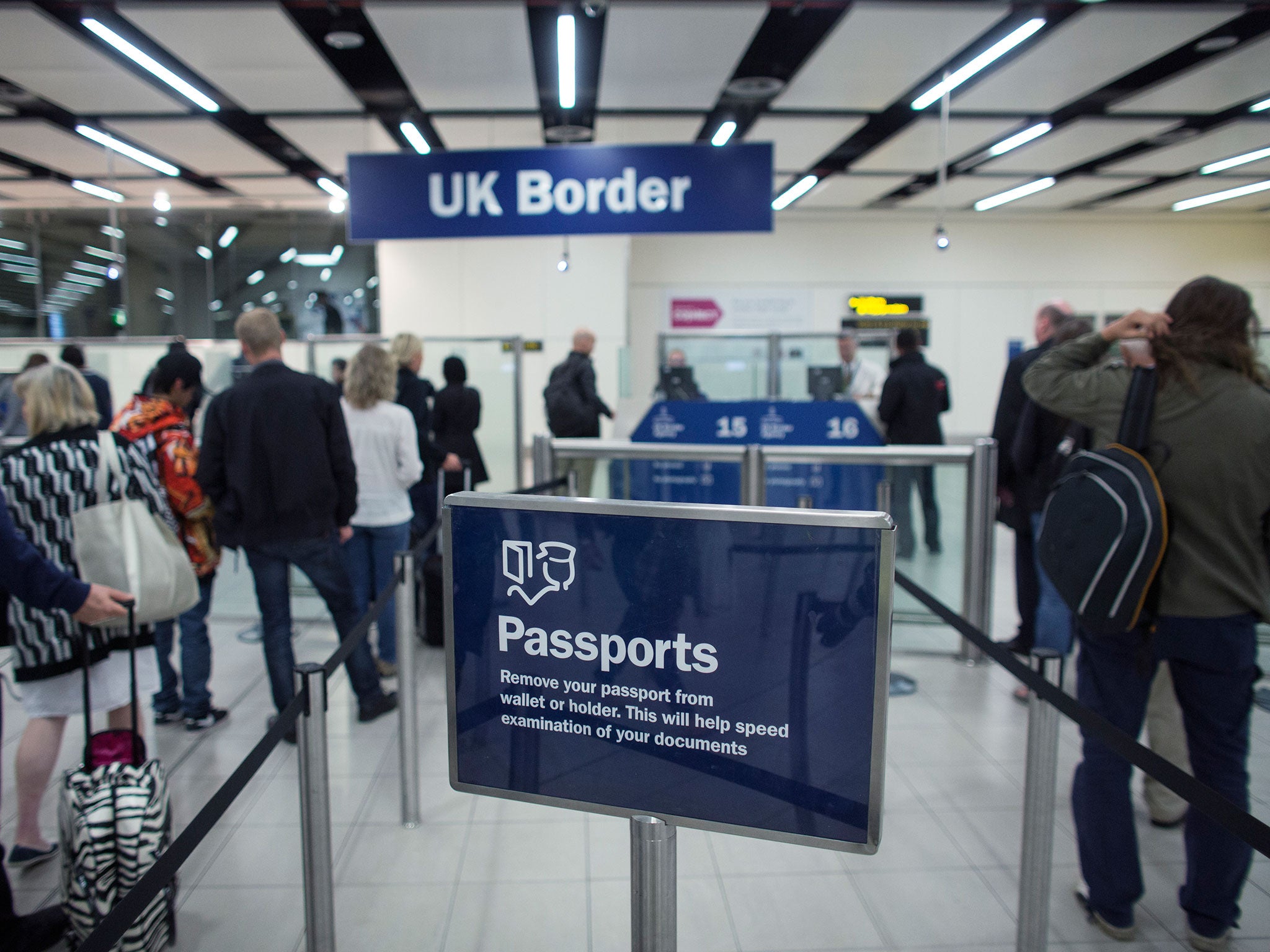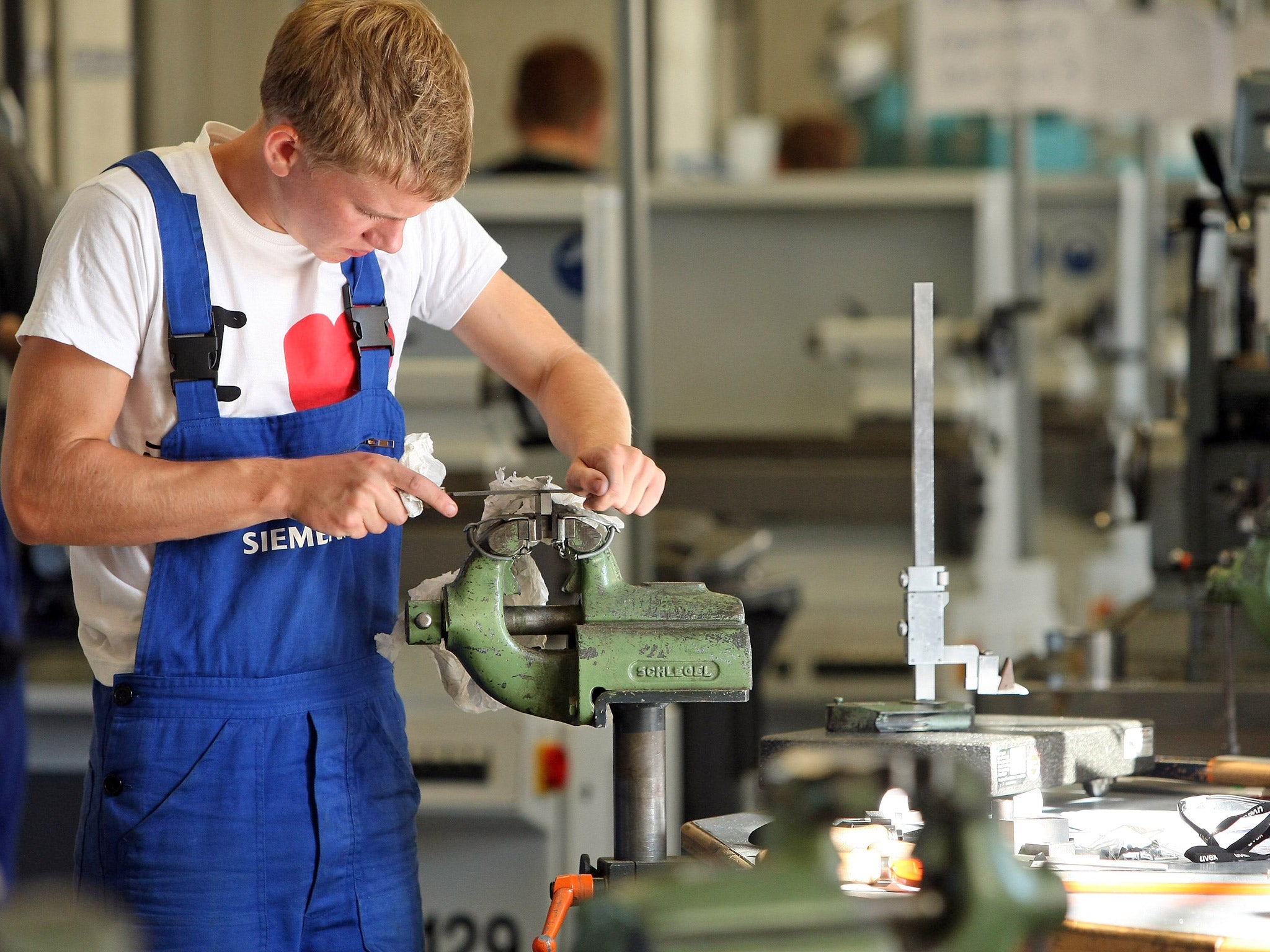David Cameron announces new crackdown on non-EU immigration
A limit on work permits, a new 'skills levy' and raising the salary threshold are among measures the government will use to reduce net migration

Your support helps us to tell the story
From reproductive rights to climate change to Big Tech, The Independent is on the ground when the story is developing. Whether it's investigating the financials of Elon Musk's pro-Trump PAC or producing our latest documentary, 'The A Word', which shines a light on the American women fighting for reproductive rights, we know how important it is to parse out the facts from the messaging.
At such a critical moment in US history, we need reporters on the ground. Your donation allows us to keep sending journalists to speak to both sides of the story.
The Independent is trusted by Americans across the entire political spectrum. And unlike many other quality news outlets, we choose not to lock Americans out of our reporting and analysis with paywalls. We believe quality journalism should be available to everyone, paid for by those who can afford it.
Your support makes all the difference.David Cameron has announced new crackdowns on immigration from outside the European Union.
Measures to raise minimum salary thresholds, limit the number of work permits and the introduction of new business levies for businesses employing migrant workers are proposals the government wants to introduce in its drive to reduce net migration to the tens of thousands.
The plans, announced by Mr Cameron during Prime Minister's Questions, are also designed to protect domestic workers from being undercut by foreign workers and part of the government's efforts to boost the number of apprenticeships.

Theresa May, the Home Secretary, will ask the Migration Advisory Committee committee to consider the government's proposals. They include plans to look again at how long particular sectors can declare they have a skills shortage, which allows firms in the sector to employ migrant workers.
Net migration reached a 10-year high of 318,000 despite Mr Cameron's 2010 election pledge to cut numbers to below 100,000.
Today's announcement follows the first meeting of the newly-formed Immigration Taskforce, one of the 10 committees set up by the Prime Minister since the election to focus on implementation.
Mr Cameron chairs the Immigration Taskforce, which is in charge of reducing net migration and focuses on domestic measures that the government can take to achieve this.
MAC will review the Tier 2 visa system. Under current rules, migrant applicants must be offered a job with a salary of more than £20,8000 and must have at least £945 in savings.

Unveiling the proposals during Prime Minister's Questions, Mr Cameron said: "In the past it has been frankly too easy for some businesses to bring in workers from overseas rather than to take the long term decision to train our workforce here at home.
"They are going to advise on restricting our work visas to genuine skill shortages and specialists. They are going to look at putting a time limit on how long a sector can claim to have a skills shortage, because frankly they should be dealing with it.
"We are going to look at a new skills levy on businesses who recruit foreign workers so we can boost the funding to UK apprenticeships.
"We are also going to be looking at salary thresholds to stop businesses using foreign workers to undercut wages.
"All of these steps combined with the measures that we are taking within the EU can help to bring migration under control, but more to the point make sure that hard working British people who get the skills, get the training, can get the jobs that will help them to build a better life."
Simon Walker, director general of the Institute of Directors, said: "Business cannot have a deaf ear to the public's concerns on immigration. However, focusing on the supposedly lower cost of migrant labour is a red herring.
"Among the 50% of IoD members who hire from abroad, just 4% say that the cost of labour has anything to do with it. The fundamental concern is about finding people with the skills needed by employers.
"Proposals to further increase the cost of visas is essentially a tax on employing people from abroad. This seems particularly odd, given how dependent the UK economy is on international skills and expertise. The Prime Minister is absolutely right to focus on upskilling the domestic workforce, but there's no quick fix and it could appear misguided to risk harming the economy today in the hope of seeing results a decade down the line."
Join our commenting forum
Join thought-provoking conversations, follow other Independent readers and see their replies
Comments